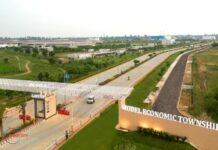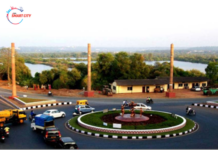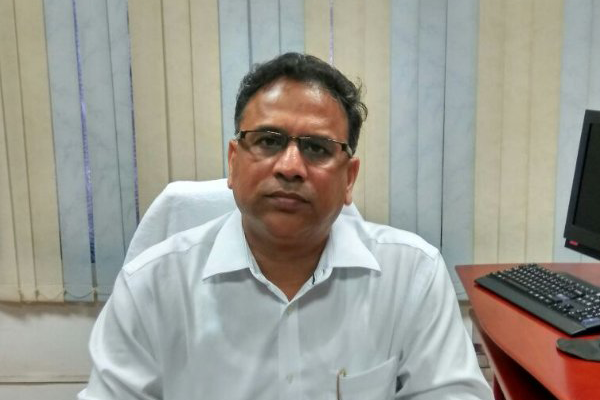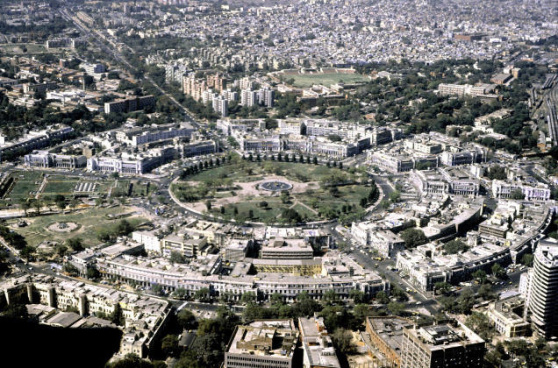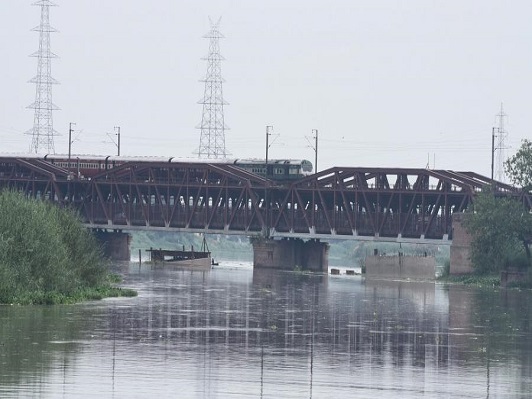
The National Green Tribunal (NGT) has directed the Delhi Development Authority (DDA) to constitute a Special Purpose Vehicle (SPV) within two weeks for rejuvenating Yamuna, on March 5.
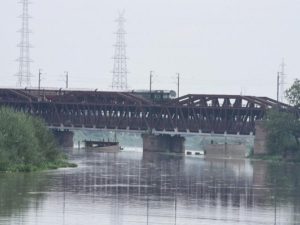
The green bench headed by Justice Adarsh Kumar Goel, NGT Chairperson, said, “The functions of the SPV will include ecological restoration of the floodplain zones, setting up of biodiversity parks, artificial wetlands, phytoremediation of drains at the river mouth locations, maintaining the vigil land undertaking flow measurement, creating ecological services, removing encroachments and undertaking other activities, including river front development.”
The NGT bench has directed the governments of Delhi, Haryana and Uttar Pradesh to expedite actions towards sewage management, industrial pollutants and solid waste that gets discharged into the river.
Moreover, the tribunal directed the Central Pollution Control Board (CPCB) to issue notice to entities that were accountable to pay compensation and the pollution board was asked to take it with the green tribunal in cases of non-compliance.
The Government of Delhi has been asked to set up an Integrated Drain Management Cell. The cell is to be headed by the Chief Secretary for remediation and management of all drains in the city. Also, the representatives from urban local bodies, various departments and agencies owning such drains, were also asked to be a part of the said cell.
The tribunal further asked the Government of Delhi to review its “free sewer scheme” while stating, “Such a policy is certainly contrary to the basic tenets of civic life and the fundamental duties of the authorities in charge to deter pollution of the environment. There may be no objection to freeship if, in spite of freeship, the administration discharges basic obligations to prevent discharge of untreated sewage into water bodies, which is not happening.”
The tribunal on freeship further said that the pollution remains unabated. Therefore it is better to recover cost of remedying pollution than making it free sewage treatment and not treating the sewage.

